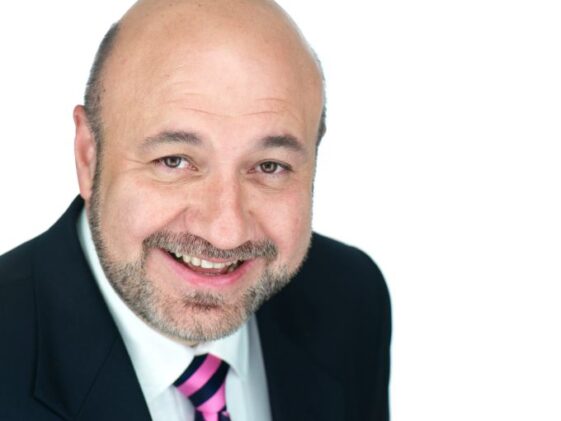
Here are a few of the latest questions that have been sent to me.
Q: I have twins and one is standing on his own and the other one stands, but not on his own. How would I know if that’s the first sign of autism? You said on the news you saw your son was acting different. What did he do or not do? When do these signs start? What should I look for? –Amber
A: Amber, I understand your concern. However, just on the basis of your description that one of your twins is having some delay in standing, it does not appear he meets the criteria for autistic disorders. Many infants at the age of 8 months have variable delays in walking, and that work up should be followed with your pediatrician in regards to his motor strength.
Autism, on the other hand, relates more in delay of speech, attention to surroundings and interaction within the family. I welcome you to check out the rest of the Fox News Health section for more information. I am glad that you’re asking questions so early on in your child’s life because I do believe that parents are the first ones to sense that there may be something wrong with their children – and the earlier you intervene – the better the outcome will be.
Q: Dear Doc, I am a police detective here in New Jersey, and I have a son with autism. We have been in early intervention for about a year now, but he turns 3 this June so as you know he is headed to my local districts pre-school program. My son sounds a lot like how you described your son. He has a lot of eye contact with us and a few tics but the worst part is he doesn’t talk. I love my son so much, and I just don’t know if we are making the right choices for him. It drives this tough detective to tears many nights. I just feel lost in the sea of information. Any insight would be greatly appreciated. – Clint
A: Clint, I empathize with you. But you know, I always try to look at the glass half full. Early intervention is important, and home tutoring is vital. I don’t know exactly where you live in New Jersey, but the Valley Program in Bergen County is one of the best. This program is run in many towns in Bergen County and as a resident of Jersey you have the right to have your child in the best program that fits his needs, even if your own school district offers similar services.
Q: Hi Dr. Manny, I live in Australia and have four boys. My second son, now 27 years old, has autism and an intellectual handicap. Danny lives with us at home and will do so until I can no longer care for him. He is affectionate to me but has self-injurious behavior quite often, and this totally determines the course of his life and limits his horizons. We’ve tried various medications including antidepressants and Risperidone, but he actually does much better med-free and has been so for several years now. Please let me know if you come across any techniques or methods to control or decrease his self-injurious behavior. – Mandy
A: Mandy, thanks your question. I hope and pray that your son finds the peace he needs. I know that you have tried Risperidone; however, I prefer Abilify because it controls the hyperactive phase of psychological irritability much better. I advise you to consult with your family doctor for more information on Abilify to decide whether or not it’s the right choice for you.
Q: Last Saturday my brother-in-law came to talk to me about how good you are and that you have an Autistic son just like mine. My son Lucas was diagnosed with autism last year, and I wanted to ask you what your opinion is on ABA therapy versus the Son-Rise method. Thank you so much, and like always, you are the best! – Marta
A: Marta, thank you for your kind words. I have to say that I believe ABA therapy has had the best success in treating autistic children, especially very early on. ABA, short for applied behavior analysis, encourages and improves social behaviors by using experimentation to identify variables that will cause changes in behavior. In a 2007 report, the American Academy of Pediatrics said the benefit of ABA-based interventions in autism spectrum disorders has been well documented and that “children who receive early intensive behavioral treatment have been shown to make substantial, sustained gains in IQ, language, academic performance, and adaptive behavior as well as some measures of social behavior.” Overall, I believe the data on ABA is quite strong, and the majority of doctors around the country who work with autistic children are more experienced with ABA therapy.
The Son-Rise method, for those who are interested, is more focused on relationships and creating a calming, accepting environment for autistic children, where parents mirror the child’s repetitive behaviors such as rocking, spinning or hand-flapping.
